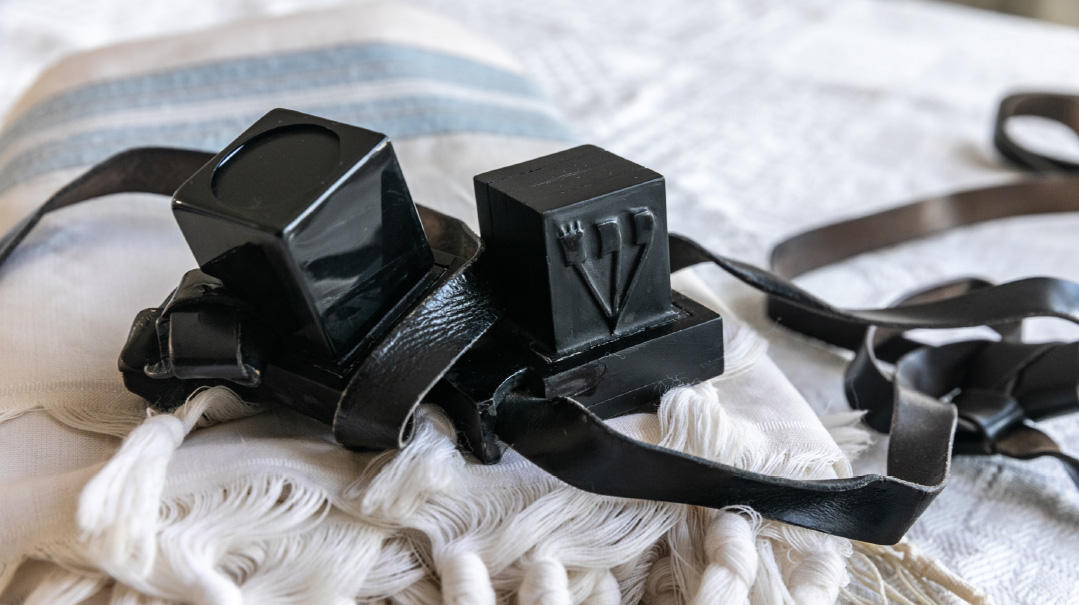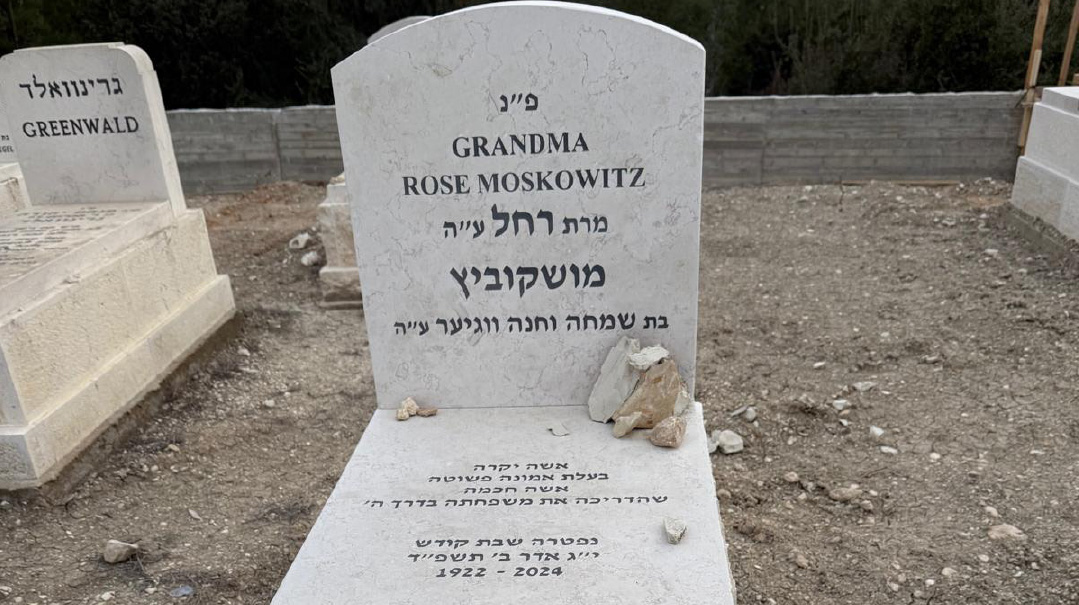In Business
| August 17, 2021Back to the summer of 1993. That was the one summer my father did not complain about going to camp

an enterprise at camp that brought in nearly $1,000 in profit, while still selling merchandise below cost price. Astounding, I know.
We sat enthralled, wide-eyed as we envisioned our father as a little boy raking in all that money. The stark contrast between the days of his youth and today is evident in this story. Many mothers will sit and cluck their tongues reading this, but all I see is an amazing adventure that children today will never be able to experience.
It was the year 1993. My father was a boy of 14, learning in the Satmar cheder on Throop Avenue. In those days, the kids were mustangs — wild and free. They spent their afternoons in the large courtyard of Clemente Plaza housing projects playing ball and riding their bikes.
Maybe that’s why the kids dreaded camp so much. My father recalls throwing tantrums with his older brothers about going to camp every summer from the age of eight until they turned ten or eleven. At that point, there was no option of staying home. In camp, they didn’t have the freedom Williamsburg projects kids had at home. There were no bikes or balls or activities of any kind in camp, not to mention the living conditions.
My father recalls with nostalgia the narrow passage one had to navigate to access the camp lunchroom. It was a very narrow path between two structures, with a terrible stench wafting through, and to top it off there was an exhaust fan on one of the structures that ensured you got the full experience of the foul odor, no matter what techniques you used to circumvent it.
The army-style, roll-up mattresses in the bunks were old and fetid, and when the boys slept on them, they could feel the generations before them digging into their backs. Of course, the bunks did not have air conditioners. And there were no classrooms, just some old wooden tables and benches in the relatively cool woods, where the boys were exposed to the elements and mosquitoes.
Yet camp was good for a boy. It taught him survival skills; he had to learn how to find his way through a thicket of trees and up a steep hill (more like a cliff) to reach the swimming pool. It taught him cleanliness; he had to learn how many times he could painstakingly clear the leaves from that winding path in the woods leading to the classroom, using rusty old rakes that had as many teeth as the average 90-year-old. It taught him patience; he had to invest hours looking for the perfect stone to mark the sides of this path.
Back to the summer of 1993. That was the one summer my father did not complain about going to camp. My uncle Shulem, 16 at the time, had a fantastic business idea. He was always the entrepreneur of the family, and since he only received $20 a summer in spending money for camp from his parents, he decided to earn a few bucks himself.
Shulem decided to solve the generations-old mattress problem. He got to work calling up all the mattress companies in the Yellow Pages until he found one Williamsburg vendor who refurbished mattresses. This place had mattresses in brand-new condition for the cheapest price, which was $40. My uncle decided to buy from this vendor and sell the mattresses at cost price.
My uncle went to ask for approval from the camp menahel, who had also wanted to buy new mattresses for the boys, but it hadn’t worked out. The menahel advised my uncle to lower the price a little. He gave Shulem $400 to $500 to cover some of the purchase costs. In addition, he agreed to provide a trailer to transport all the merchandise to the camp. This was key to the deal: The mattress store sold the goods for a lower unit price, $32 each, since my uncle had arranged his own transportation. In the end, Shulem sold the mattresses for $38 each.
In order to get the boys to buy mattresses, which many parents would refuse to sponsor, Shulem got a heter to use tzedakah money that the boys could raise on their own for the camp. The mattresses would be staying in the camp after the summer and become the property of the mosdos. My uncle started advertising his mattresses for $38 and telling everyone they could use tzedakah money for the mosdos toward their mattress. This idea quickly caught on, and my uncle soon had paid orders from almost all the boys in the grade. Once the money was raised, my uncle went to pay up the mattress store in advance to ensure that everything would be available for pickup. One additional wrinkle in the plan — Shulem and my father would have to bring the mattresses to camp a few days before the summer opening, without the knowledge of the staff.
My father continues his story:
“Most of the staff at the camp were not aware that we would be coming to camp early. I think only our shluf rebbi knew about this. Camp started on a Sunday. To guarantee the delivery, we figured we needed to get the trailer into camp before everyone got there. This way, we would be right there to make sure that only boys who paid got a mattress. The staff had already settled in the Shabbos before, so we ordered the trailer for the Thursday before camp started.
“The plan was to ride along with the trailer, ride into camp like we belonged there, and drop it off smack in the center, like this was where it was meant to be. Then we would put a big, fat lock on the back door to prevent any boys who had not paid up from taking a mattress. We would sleep in a bunk until late on Erev Shabbos, when we would show ourselves, and it would be too late for the big scary men in charge to do anything about it.
“And so we did. That Thursday morning, the trailer picked me up at Bedford, corner of Taylor, all loaded up with mattresses and our camp boxes. My brother had gone ahead with the truck driver to load the dozens of mattresses into the back of the trailer. In addition, they had picked up two big commercial dryers on Clymer Street for the camp.
“On the way to pick me up, Shulem got a call from the mattress store informing him that he had left behind 15 mattresses, so they had to turn right around to get them. Since the dryers were taking up a lot of room in the front, he had to lie on the dryers and pass the mattresses over to the back. Those 15 mattresses were slightly damaged in the process.
“The driver ushered me into the seat next to him. For a moment, I hesitated, wondering if this was the right thing to do, but then I realized that we needed to see this job through until the end. I hopped into my brother’s seat next to the driver and our mission started. (We didn’t know until the last minute if the driver would agree to take two kids!) No way were we to let our entrusted cargo out of our sight. We had an obligation to every boy in the grade who had not only shvitzed to raise the money but was also looking forward to a restful summer.
“The trip took four to five hours instead of the usual two to three. The driver had taken an extended lunch break in the middle of the trip and left us sitting in the hot trailer until he returned. After the long trip, the trailer rolled into Satmar camp. No one asked any questions. Perhaps they thought it was one of Yaakov Shlome Brier’s trailers — he was always making deliveries to the camps. The driver dislodged the back trailer and took his tip saying, ‘I’ll be back on Sunday to pick it up,’ and off he went.
“Shulem was like, ‘Yoeli, quick, get inside that bunkhouse. Let’s get out of sight before it all goes sideways.’ Well, not in those words exactly, but you get the picture. We hid out of sight, set up our beds with what we had brought along, and prepared ourselves mentally to stick it out until Friday afternoon.”
Friday afternoon, when it was time for toyameihu, my father and uncle left their bunkhouse to make their appearance to the camp’s staff members. They knew that at this point it would be too late to send them back home. They showed up at the lunchroom feeling proud and were greeted by perplexed stares.
According to my father, here’s how the conversation between my father and uncle and the staff members went:
“What are you two doing here?”
“We’re here for Shabbos.”
“Who gave you permission?”
“Well… we have to watch our trailer.”
“What?”
“You know, where we stored the mattresses the boys in the camp bought. Everyone is getting new mattresses.”
“Oh, that’s nice… But what’s going on?”
“We have all the mattresses in the trailer, and Sunday morning we have to be here before everyone so we can make sure only boys who paid get a mattress.”
“Azeleche meshiguim [Such crazy kids]. Does your mother know? I don’t understand this, gassen yingen.”
The staff offered them some food, and they davened with the men in shul on Friday night. Then, they slept alone in a bunkhouse and waited for Sunday to come.
Sunday morning, the boys were up bright and early, watching all the packages arrive. They were happy their boxes didn’t have to join the many others scattered in the fields.
When the boys started coming, my father and Shulem hopped onto the trailer with a list in hand. They stood checking names off the list and passing mattresses to everyone who had paid up. The boys stood around the trailer waiting for their mattresses and schlepping them back to their bunkhouses afterward. The business (which was never supposed to make a profit) netted around $1,000, which went straight into my uncle’s pocket.
The only thing my father got out of this was a free mattress and a good story.
(Originally featured in Mishpacha, Issue 874)
Oops! We could not locate your form.






